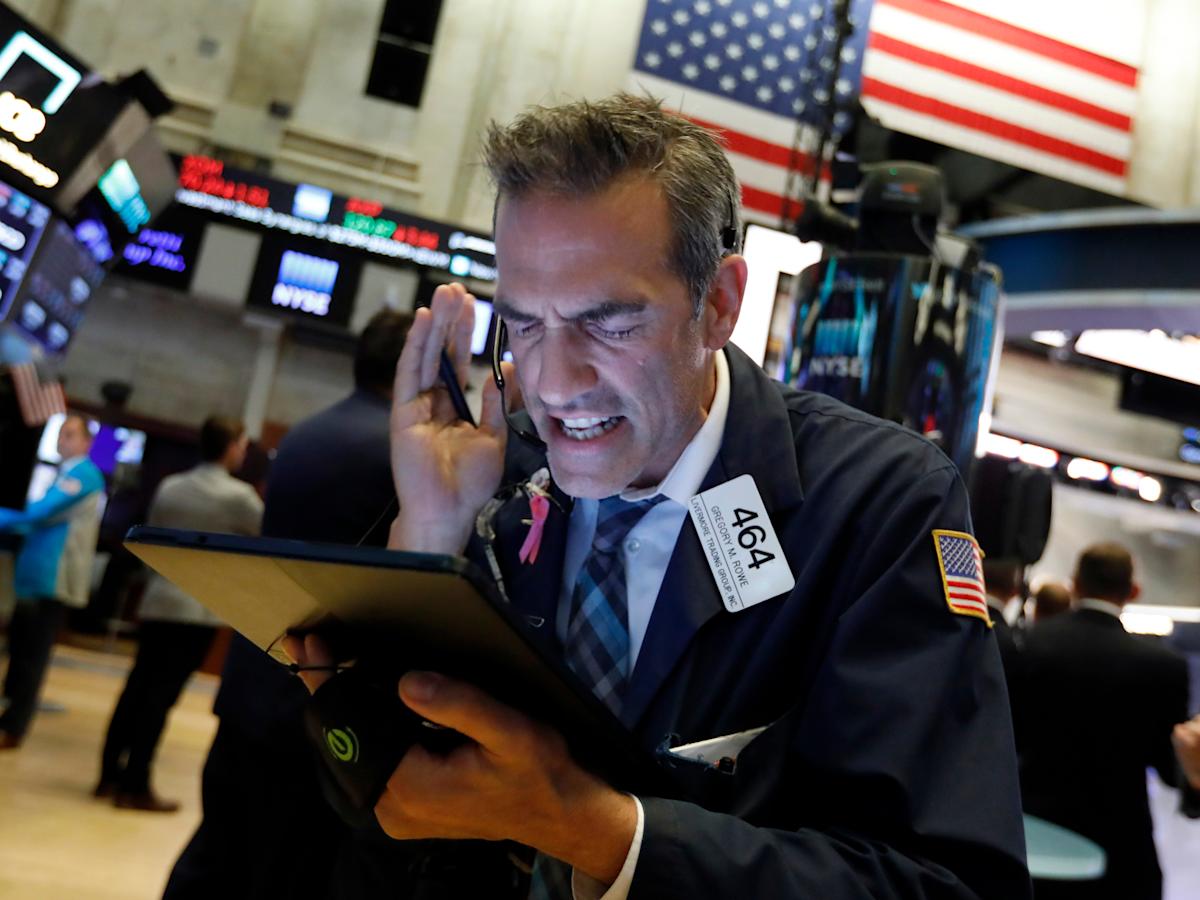Investors should watch for these 3 signs that the bull market in stocks is in danger
-
The AI-driven bull market faces three risks investors should be aware of, BCA Research says.
-
A slowdown in capex is among the top risks that would signal the rally is set to reverse.
-
The firm said it would remain overweight on stocks and bonds for the time being.
The bull market in stocks looks fine — for now. But there are a handful of signs investors should be watching for that could suggest the yearslong run-up in stock prices is set for a reversal, according to BCA Research.
That moment hasn’t come yet, Juan Manuel Correa, chief strategist at the firm, wrote in a note to clients on Monday. But the market is still facing risks that make the rally vulnerable, he said.
“So far, we do not see any obvious red flags,” Correa said, adding that BCA still remained overweight on stocks and bonds in its portfolio. “We are certainly keeping a close eye on all the risks that could derail our view.”
Here are three warning signs the firm thinks could signal the bull market is in danger:
Capital expenditures related to AI have been one of the main drivers of the stock rally in recent years, Correa said. That leaves the market vulnerable to any pullback in capex, he suggested.
Since 2023, mega-cap tech firms have announced increasingly ambitious plans to spend more on AI. Amazon, Meta, Microsoft, Alphabet, and Apple are on track to spend more than $349 billion on capex this year, according to Business Insider’s latest analysis of company statements.
There are some signs that investors are growing antsy over how much tech firms are spending, which could lead capex spending to be dialed back in the future, Correa speculated. He pointed to Meta stock’s post-earnings drop after its most recent earnings report as investors digested the company’s plans to double-down on AI spend.
“We believe that a significant slowdown in AI capex would not only be catastrophic for equity markets, but could also cause a recession in the United States,” he said. “There is an argument to be made that equity investors could once again bring capital discipline to these tech giants — leading to a curtailment in capex and a sudden stop to the AI cycle.”
There’s a risk that some of the largest players in the AI space could see their cash conversion ratios decline, Correa suggested. That refers to the rate at which a company can turn its investments and inventory into cash.
As a comparison, Correa pointed to Lucent, a telecom stock that boomed in the late 1990s. Like Nvidia, the firm was considered to be the “hardware backbone” of the dot-com craze and was an aggressive provider of vendor financing in the years before the bubble popped, he said.



Leave a Comment
Your email address will not be published. Required fields are marked *